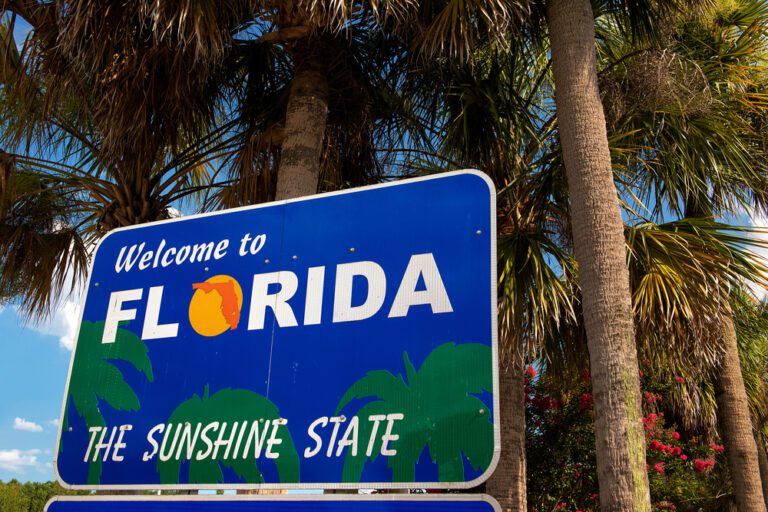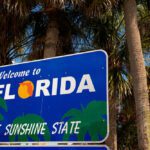
Running a business
Schedule C is a mine of gold for self-employed people, but also for IRS agents because they’re fully aware of the fact that self-employed people might claim excessive deductions and won’t report their entire income.
The IRS will have a look at your higher-grossing sole proprietorship, but also at all the other small ones. Sole owners who report a minimum of $100,000 of gross receipts on Schedule C but also cash-intensive businesses (such as salons and restaurants) are known to have a bigger audit risk.
Also, take note that if you’re claiming 100% business use of a vehicle, you’ll definitely get in the attention of the IRS. IRS agents are aware that it’s completely rare for someone to use a vehicle 100% of the time, and it’s only worse if there’s no other available vehicle for personal use.
The IRS will also get interested in heavy SUVs and big trucks used for business, with a special emphasis on those vehicles that were bought late in the year.
Now that we mentioned these 10 states where it’s more likely to get an IRS audit, then you might want to have a look at this: Retirement: How Far $1 Million Can Last You on The West Coast



















